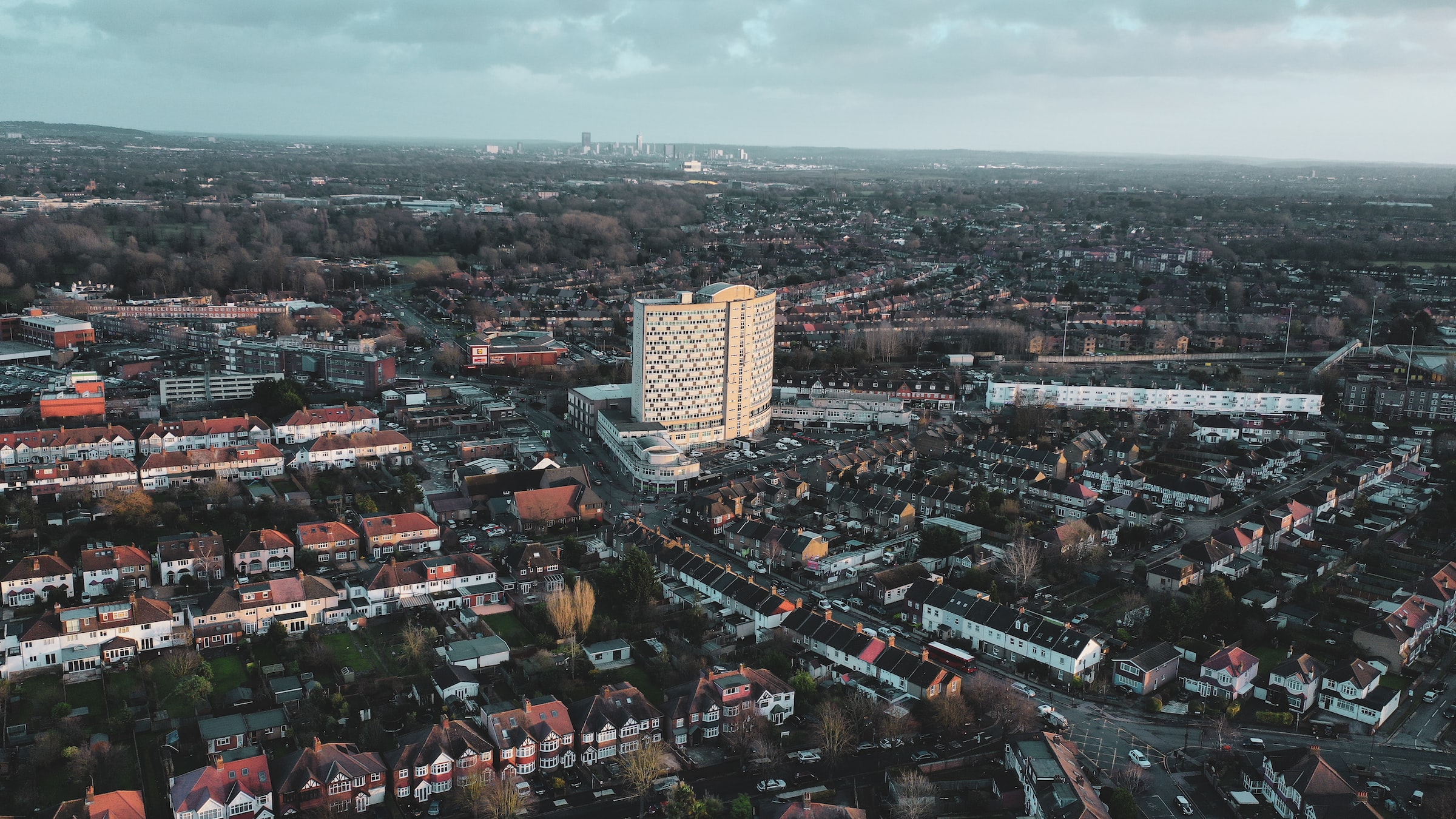How can Housebuilding Revitalise the UK Economy?

A new report by the non-partisan think tank Policy Exchange has argued for restoring trust in the planning system by giving businesses greater certainty about the availability of developable land. Housing Industry Leaders outlines the key recommendations from the report.
The ‘Homes for Growth: How Housebuilding Can Revitalise the UK Economy’ report explained that the British economy has stalled and is currently falling behind its international competitors. The main factor in this underperformance has been a lack of productivity growth and capital deepening.
A key driver of the UK’s weak economic performance is the chronic shortage in housing supply. The demand for new housing has increased consistently through population growth and the shrinking size of households.
However, the housing supply has failed to meet the rising demand for a prolonged period, with estimates suggesting that around 340,000 homes a year must be built in England alone to address the backlog we face and the existing demand.
A Comprehensive Plan To Boost The Housing Supply Is Needed
The current planning system sees planning permission granted on a case-by-case basis by local authorities, which makes the availability of land with the authorisation for development highly uncertain and incentivises the strategic acquisition of land by housebuilders to mitigate that uncertainty. This increases the time it takes for new homes to get permission to be built, and therefore, this deepens the housing crisis because people are placed on waiting lists for even longer.
In addition, the current system encourages developers to control the number of new builds to ensure that local markets can absorb increases in supply without compromising house prices. It is recommended in the report that a comprehensive plan to boost the housing supply is needed and that uncertainty for businesses should be reduced.
One of the ways that a comprehensive plan to boost the housing supply can be achieved is by seeing local authorities have an up-to-date local plan and provide their local communities with confidence by supplementing these with design codes.
In 2020, it was found that only 40 per cent of local authorities had up-to-date plans. Therefore, the report outlines that: “The government should make up-to-date Local Plans a statutory requirement with teeth: local authorities without a Local Plan should see the proportion of business rates they retain fall, but those with an up-to-date plan should see that proportion rise.”
To provide confidence within the local community, local residents must have a clear idea of what any development in their area will look like. To do this, design codes can be used, and these should be based on the principle that buildings and developments have positive externalities and are more likely to receive planning permission.
Local planning departments need to be better resourced; this should be achieved through development charges. From this, developers can directly support and improve the system that they use, and it is key that local authorities are incentivised to deliver new homes.
The report also explained that a new comprehensive plan to boost the housing supply should include piloting changes to planning regulations on a limited basis via ‘regeneration areas’. The report explained, “These should have a “local consent lock”, and they could trial a system in which planning permission is granted in principle for all development that conforms to a Local Plan and design code.”
Testing these proposals at a limited scale will help convince voters that development can enhance local communities in a way that is in keeping with their character.
How Can Trust In The System Be Increased?
Increasing trust is revealed in the report to be essential in boosting our current housing supply. Considerable delays exist in the planning permission process and in the delivery of new homes once planning permission has been granted. This is hurting trust in the system.
To increase trust in the planning permission process, contractual obligations should be introduced into planning permissions, both for the local authority to decide on a planning application within the 8–13-week statutory window and for developers to produce a certain percentage of new homes it has received planning permission for within an agreed timeframe.
If developers miss their deadlines, the report has said: “council tax should be levied on uncompleted homes; if local authorities miss their own, they should lose their New Homes Bonus, which should be augmented to provide a greater incentive to deliver new homes.”
The report also explains that replacing the Community Infrastructure Levy and Section 106 Agreements with the Infrastructure Levy is another way to boost the housing supply.
This is because the Section 106 obligations considerably delay the delivery of new homes, whilst the Community Infrastructure Levy is currently optional. Replacing both with a locally set Infrastructure Levy with limited exemptions would promote greater certainty for business and should be raised to a level that ensures such changes are tax neutral. Also, the report states that a potential discount should be considered for infill or brownfield development, given that these sites can often be expensive to prepare.
Over the past seventy years, the UK population has grown by approximately 34 per cent, from 50.4 million in 1952 to 67.1 million in 2020 (ONS, ‘Overview of the UK Population’ 2022). This means that the UK Government is facing an urgent challenge when it comes to the UK’s chronic housing shortage, and if it fails to tackle the lack of new homes, productivity in the UK will never be boosted.

